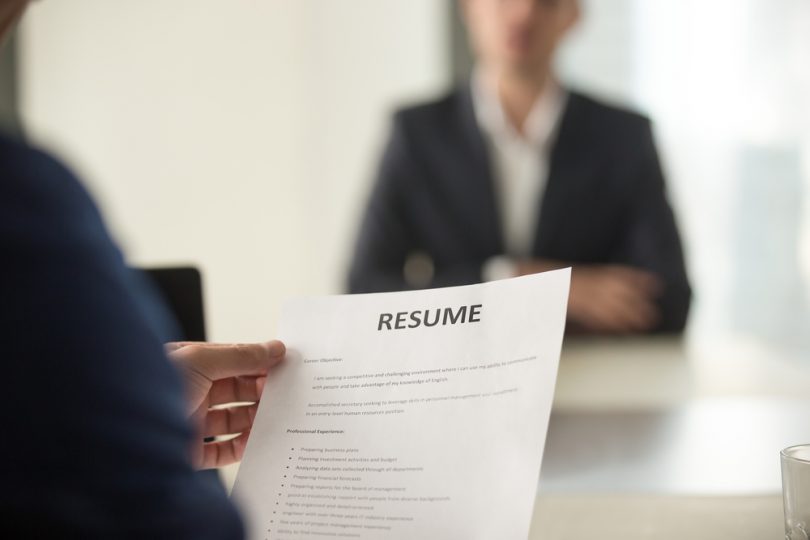Landing your dream job is a race against the clock. This is precisely why many of those who want to get a job right out of graduation start applying even while they’re still in college. But, despite starting that early, it’s not a guarantee that your resume will be the first one to reach the human resource department, because chances are, there are dozens of other young applicants, who are just as eager as you are.
So how then do you beat all these hundreds of other eager job hopefuls? Certainly, you wouldn’t want to be the owner of a resume the HR manager doesn’t even bother giving a second look. Instead, you probably want your resumes to stand out in a sea of papers. Then successfully proceed to the next step, which is obviously the interview.
If this speaks to you, you’re in the right place. Here are some of the best tips on how to write an effective resume:
1. List Down All Experience And Qualifications
Before you even get started with typing, grab a pen and paper. Try to remember every single one of your qualifications and experience from high school graduation until your college years, and write them down in order. That way, you’ve got all your qualifications listed down, which you can then sift through quite easily later on. By doing this, you can easily check whether or not you’ve missed something.
The details to be included are the following:
- Graduate awards or accolades
- College education
- Skills and expertise
- Volunteer or community experience
- List of resume objectives, which you will need in the summary statement of your resume
2. Always Have Your Contact Information And Personal Details
While this second bullet may seem like all-too-obvious advice, it’s still imperative to highlight it. The reason being, there are still many applicants out there who fail to include such details on the front page of their resume. Even if you provide an application letter containing your contact details, you still have to make sure that you have these pieces of information on the topmost portion of your resume. That way, just in case the person reading your application doesn’t go through the cover letter, they can still have easy access to your contact information and other pertinent personal details.
3. Take Note Of Information To Leave Out
Generally, you may receive tips on what to include in your resume to make it stand out. However, try to research what NOT to include as well. That way, you’re reducing the risk of overcrowding or filling your resume with unnecessary information.
For example:
If you’ve done an irrelevant job, or perhaps only stayed at a job for only a month or less, then it’s better not to include that.
Don’t include any skills that aren’t related to your job application. (e.g., music teacher, when, in fact, you’re applying for a position in the marketing industry).
4. Focus On Your Achievements
Did you place 40th in a competition of 50 participants? You may not want to include that information anymore. But, if you insist, then it’s better to say, “Participated in an essay writing competition on the viability of…” rather than to indicate an insignificant placement.
When you’ve got other quality level achievements, focus on those instead, and highlight your specific contribution to each of these achievements. For instance, during your on-the-job training, you were able to find a way to reduce overhead costs by 20%; include this rather than merely saying, “Worked for Company XYZ…”
5. List Your Education History Correctly
The ideal length of an effective resume shouldn’t exceed two to three long pages. If you’ve got a lot of stuff to put in, you have to learn how to compress these details so you can include everything within 2-3 pages.
Out of all the information you need to supply your resume, one of the most important details has to do with your education history. Many employers are still looking for applicants who have the proper education for the job they’re going to undertake.
When organizing the details of your education, here are some vital tips to remember:
- Place the highest degree that you’ve attained first on the list.
- If you’ve finished a university degree, there’s no need for you to include your high school degree.
- Add any relevant coursework or honors that you’ve received in each degree that you’ve finished.
Conclusion
The resume is one of the most important documents that you’ll ever have to make in your life. It is that fine line that separates you from getting hired and from not even having a chance to make it through the job interview stage.
For more great education tips, check out the other blogs on College Basics.







